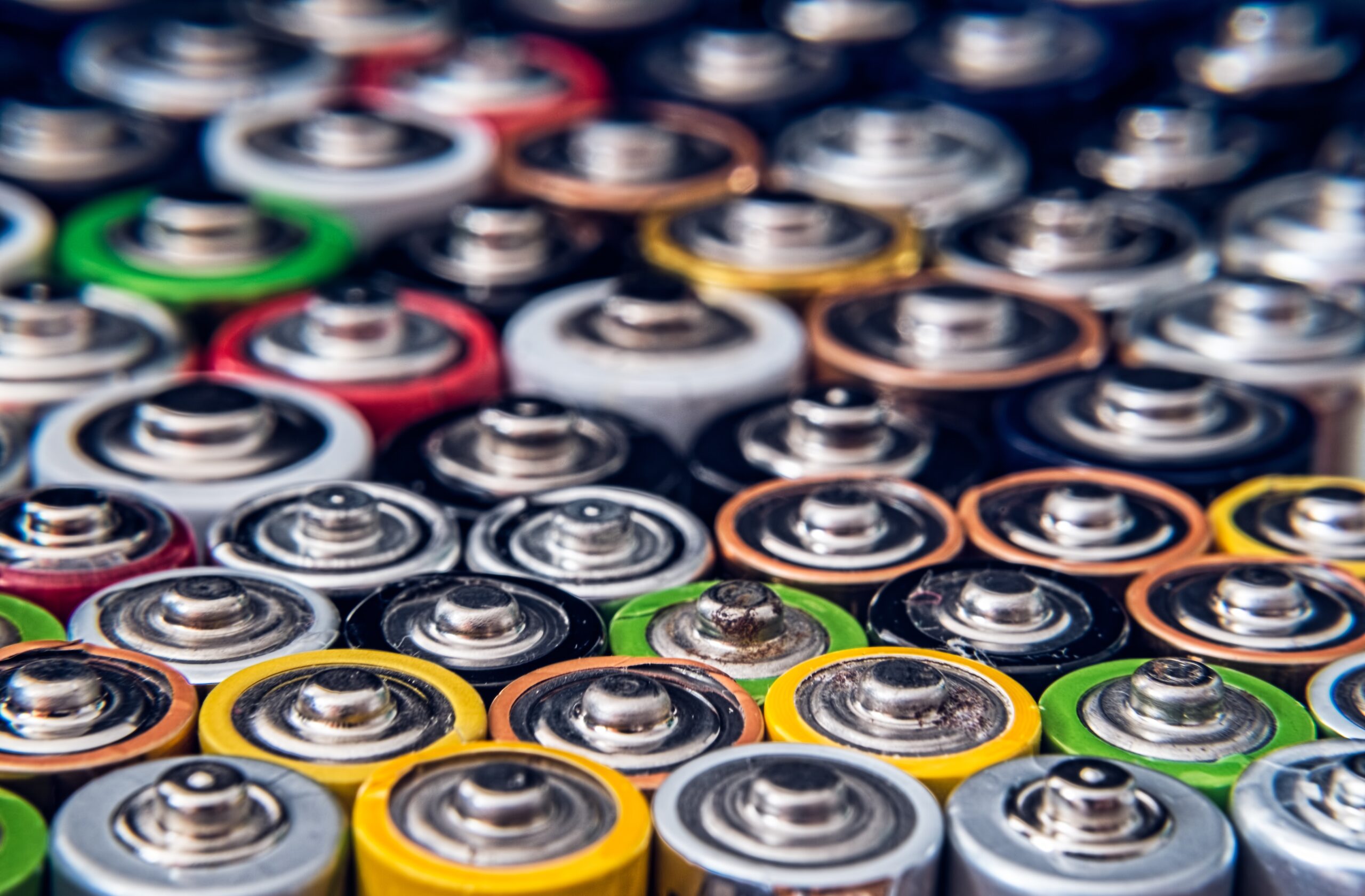
The rise in demand for lithium-ion batteries in recent years, primarily due to their application in electronic devices and electric vehicles, has brought along significant environmental concerns regarding their disposal. These batteries, rich in valuable materials like organic electrolytes, offer a potential recycling opportunity.
What are organic electrolytes?
Organic electrolytes are pivotal components of lithium-ion batteries, facilitating ion movement between the battery’s electrodes. Unlike conventional electrolytes made of inorganic salts, organic ones comprise organic compounds dissolved in solvents. These compounds, typically carbon-based molecules like ethylene carbonate, directly influence battery performance, safety, and stability. However, they also present challenges, such as stability issues and degradation over time. Hence, recycling them is paramount.
The importance of recycling spent lithium-ion batteries
Recycling spent lithium-ion batteries is crucial for several reasons. Their widespread use in various technologies results in a surge in spent batteries, which, if improperly disposed of, can harm the environment. Recycling helps conserve resources like lithium, cobalt, and nickel, and reduces greenhouse gas emissions. However, recycling these batteries, especially organic electrolytes, presents challenges, emphasizing the need for innovative recycling methods.
Current challenges in recycling organic electrolytes
Recycling organic electrolytes is complex due to their intricate composition, presence of impurities, and stability issues. The variability in their composition makes standardizing the recycling process challenging. Moreover, impurities accumulated during battery operation can hinder the recycling process. The scale-up of recycling processes also remains a challenge.
The revolutionary method of recycling organic electrolytes
The innovative method of recycling organic electrolytes from spent lithium-ion batteries is set to redefine the battery recycling sector. One promising approach involves supercritical fluids, like carbon dioxide, to extract electrolytes. This method not only addresses environmental concerns but also offers economic benefits by reducing reliance on virgin materials.
Benefits of recycling organic electrolytes
Recycling organic electrolytes offers numerous advantages:
1. Environmental sustainability: It prevents harmful substances from polluting the environment.
2. Resource conservation: Recycling conserves valuable resources, reducing the need for new raw materials.
3. Cost savings: Manufacturers can reduce production costs.
4. Energy efficiency: Recycling is less energy-intensive than producing new electrolytes.
5. Circular economy: Recycling promotes a sustainable system where resources are continuously reused.
The future of organic electrolyte recycling
The future shines bright for organic electrolyte recycling with continuous advancements in technology. Potential developments include advanced separation techniques and new recycling technologies. Furthermore, improvements in battery design can streamline the recycling process. Establishing a robust recycling infrastructure and policies will also play a pivotal role in the future of this field.
Recycling organic electrolytes from spent lithium-ion batteries is a transformative method poised to significantly influence the battery industry’s sustainability. This method, by recycling and reusing these materials, can reduce the demand for raw materials, minimize environmental pollution, and foster a circular economy.

